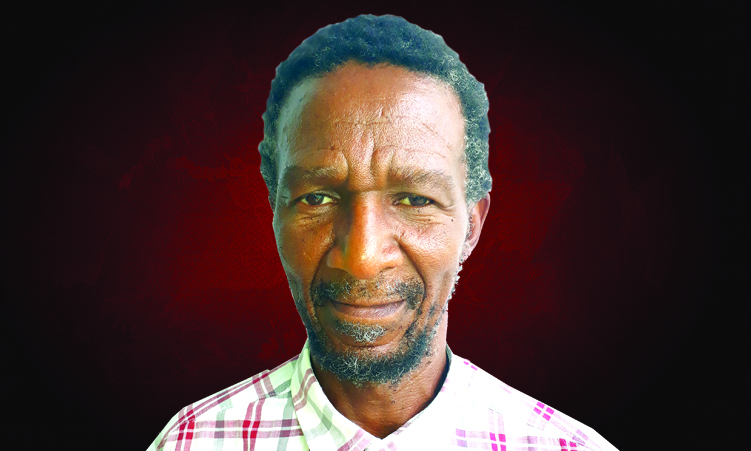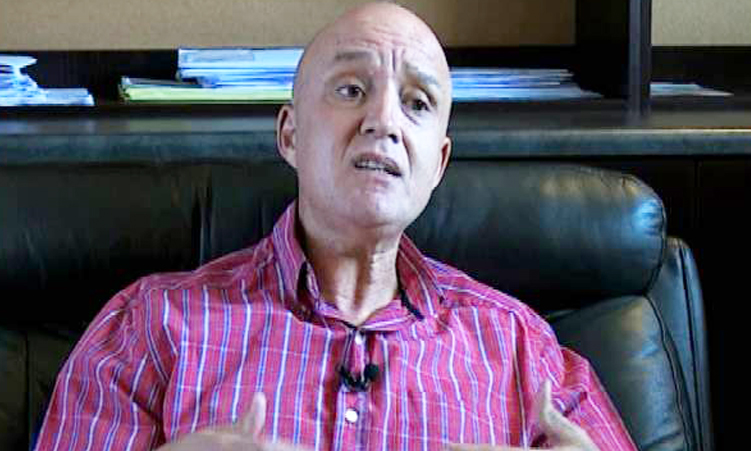It was classic. One headline in The Namibian (1 March) declared ‘Shiiimi’s plan to spend N$100 billion’ while underneath it another read ‘Capricorn Group’s loan book grows to N$48,9b’.
On the opposite page was FirstRand Namibia’s dividend announcement of N$835,8 million over six months.
The first headline referred to the minister of finance and public enterprises, Iipumbu Shiimi, who delivered the 2024/25 national budget in the National Assembly, while the Capricorn Group (Bank Windhoek) and FirstRand (FNB) are corporations from the financial sector.
The profits mentioned exclude other corporations such as Standard Bank, Nedbank, and the rest of the financial sector.
The comparison and contrast of the national budget and the profits of the financial sector could not be clearer.
So, we should ask what kind of institutional arrangements make such profits for the financial sector possible while the nation remains burdened with widespread hunger, unemployment and homelessness?
CHOICES OF THE ELITE
A national budget is not merely about the numbers, but is a highly political document.
The economic and social impact is crucial. It reveals the political choices of the elite.
There were, for instance, the noteworthy silences of the finance minister about the price explosions in essentials like energy and food which led to record profits for corporations, while interest rate hikes pushed up commercial bank profits.
Nevertheless, three tax policy proposals in the national budget provide clues to the political preferences of the ruling elite.
Firstly, the reduction of the corporate tax rate from 32% to 20% and zero-rating on Value Added Tax for Special Economic Zones.
The standard rate is 27% while the corporate tax rate in 1992 was 52,5%. The 20% represents an enormous decrease for corporations.
Secondly, the introduction of a dividend tax of 10% in 2026/27. This will only be implemented in 2026 although it is urgently needed.
Furthermore, it is extremely low considering the super profits of the financial sector.
Much of the profits are driven by price gouging and the unearned income or economic rent of the economic elite.
It is simply scandalous in one of the most unequal countries in the world.
DIVIDENDS, DEBT AND DEPENDENCE
Not only should such a dividend tax be much higher, but price controls on essential goods must be immediately applied.
If anything, for many corporations, dividends from ownership of financial assets have replaced profits from production.
A hefty real estate tax should therefore be considered to shrink the financial sector.
The role of the financial sector in our economic development must be limited.
Household debt servicing is now a method of exploitation that competes with the workplace as a surplus source for the financial sector as households are compelled to take on more debt to meet their basic needs.
The purpose is to keep households and micro, small and medium businesses dependent on ever-increasing commercial bank loans.
This is to ensure that liquidity is being channelled by loan repayments and interest transfers to private banks.
The long-term goal is to privatise everything so that the private sector can benefit.
It is high time to properly tax the economic rent of the wealthy to balance the economy and to protect our democracy. The private sector should rather be serving the nation.
Thirdly, the introduction of a youth employment tax incentive targeting about 5 075 job opportunities at a cost of N$50 000 per intern per year.
In the context of mass youth unemployment, a mere 5 000 jobs a year are not going to make enough of a difference. Not to mention the extremely low income.
A job guarantee in the public sector would be a much better option than to rely on the profit-driven private sector. And there is a huge difference between a job opportunity and a job guarantee.
In the final analysis, job creation is a macro-economic issue.

PREDATORS, PROFIT AND PRODUCTION
In their 22nd Geopolitical Economy Hour, titled ‘How to go from financialised neoliberalism to a productive, sustainable economy’, economists Radhika Desai and Michael Hudson maintain that what is required is a fundamental change of the financial system – away from predatory lending and speculation – to the sustainable production of goods and services for all.
Money should be issued by treasury for the development of the real economy, not by the private banks for profit in the monetary economy.
The latter leads to inflated prices on, for example, houses and vehicles.
If anything, a central bank must consider a digital currency that could break the stranglehold of the private banks on the economy.
Bank credit is not helpful to society, and it is therefore important to take away the power of the private sector to create money as credit.
This is the main cause of the debt crisis.
The banking model ought to be changed to lending for productive activity as in a country such as China.
A PEOPLE’S ECONOMY
Namibian citizens should demand a democratic institutional arrangement for the economy, with the wealthy paying their fair share of taxes and the government implementing full employment policies.
Neoliberalism is a smokescreen for financialisation and privatisation.
It is an ideology of exploitation and is certainly not about efficient economic functioning.
Mass unemployment leads to government underspending, while full employment balances the national budget.
Namibia needs a people’s economy that puts people and the planet first, not profits for the few.
Public money ought to be used to benefit us all. So, this was not a people’s budget, but a neoliberal budget that does not care about our children.
* The authors are members of the Marxist Group of Namibia.
Stay informed with The Namibian – your source for credible journalism. Get in-depth reporting and opinions for
only N$85 a month. Invest in journalism, invest in democracy –
Subscribe Now!







